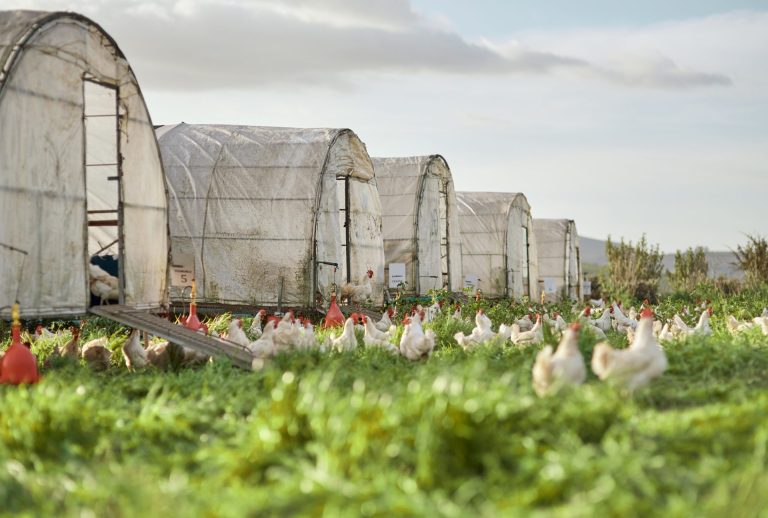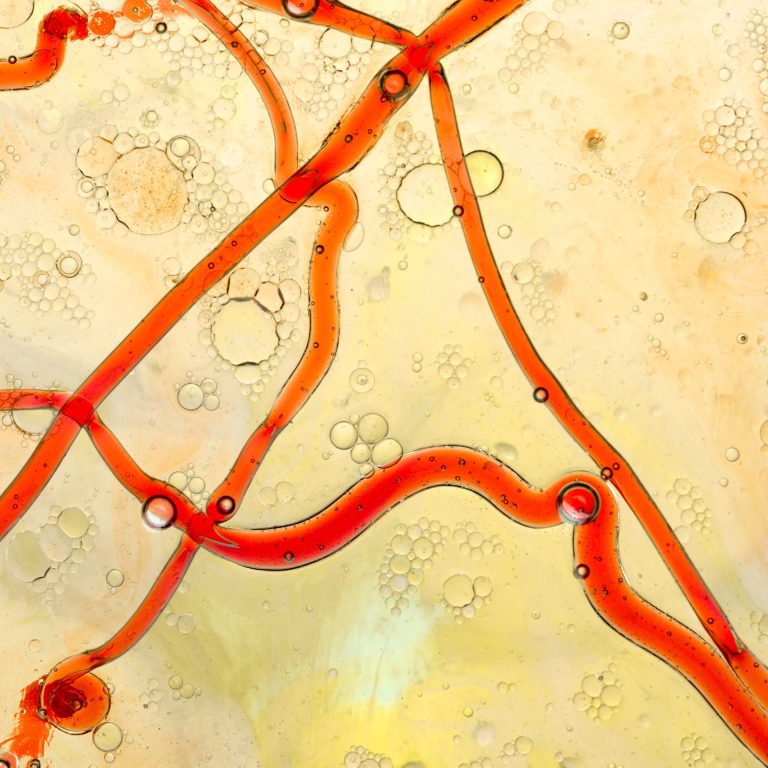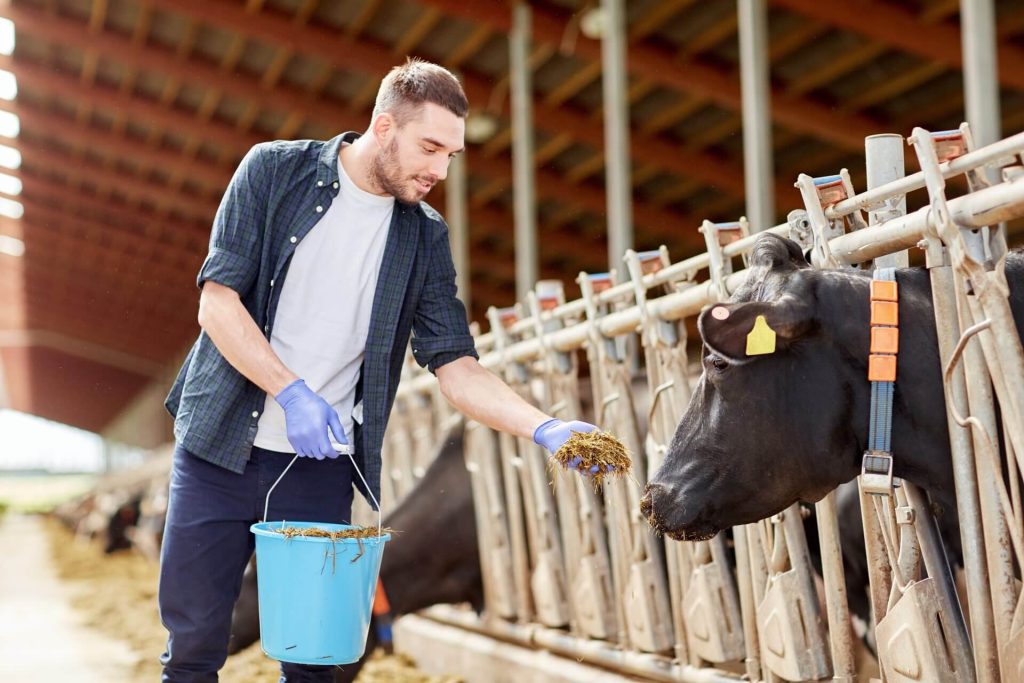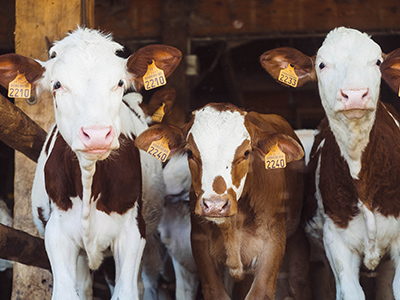High Educational Value
Nationally recognized educational quality at an affordable price.
*Source: ONet Online/U.S. Bureau of Labor Statistics. Unity cannot guarantee employment. Salary data represents averaged earnings for occupations listed and includes workers at all levels of education and experience.

This course is a systematic study of the function of internal animal systems, from the cellular to the organ-system level, with particular emphasis on thermoregulation and the circulatory, respiratory, endocrine, and nervous systems.

This course will introduce you to the basic fundamentals of animal nutrition as they apply to captive and wild animal species. You will identify and describe the gastrointestinal tract’s (GIT) unique structure and function among different species and how it contributes to the absorption of nutrients.

Through this course you’ll learn specific factors addressing both large production facilities and small or backyard farms are addressed. Animal welfare, livestock behavior, nutritional basics and monitoring, health and handling practices, and sustainability are the main topics of study.

Agricultural animal science is a field of study that focuses on the scientific understanding of animals, including their biology, health, and welfare. It encompasses various aspects related to the care, breeding, nutrition, genetics, physiology, and health of livestock.
The BS in Agricultural Animal Science examines the scientific principles supporting the effective and sustainable raising of livestock. This program emphasizes the application of animal biology, chemistry, nutrition, and physiology to the study of breeding and genetics, growth, behavior, and management of animals raised for agricultural purposes, including meat, milk, fiber, and other products. Students will gain a strong foundation for careers in livestock management, the agricultural industry, and related scientific fields. This program also provides a strong foundation for students interested in further studies in animal science or veterinary medicine with a focus on production animals.
Your online education should be affordable and manageable. Thanks to our promise to keep tuition flat through 2030, you won’t be burdened with unexpected increases or fees.
Our team of Distance Education concierges will work with you through the admissions process to help you plan and pay for your degree. Learn more about the costs here.
Our comprehensive 120-credit program can be tailored to fit your schedule and goals! Completion time is flexible, determined by the number of credits you choose to take each term (8 terms/year) and less time with transfer credits. Without transfer credits, you can anticipate the following completion times:
General Education Core: 36 credits
Environmental Professional Core: 13 credits
Elective Courses: 32 credits
Program Core: 39 credits
For course requirements and a better look into your program, view our full course catalog. Then apply online for free to get started.
The agricultural animal science degree requires 120 credits. You may transfer in up to 90 credits from outside institutions. View our full course catalog for a better look into your program. Then apply online for free to get started.
Nationally recognized educational quality at an affordable price.
Committed to sustainable practices to prepare for a future of environmental awareness.
Dedicated to turning career and academic aspirations into tangible achievements.
Accepting up to 90 transfer credits to graduate sooner and save money.
Connect with experts who share your passion for working in the animal industry.
Ranked #1 independent university in the U.S. by the Social Mobility Index.
With up to 8 terms a year, you can take a break without jeopardizing financial aid.
Balance life, work, and education by studying when and where you want